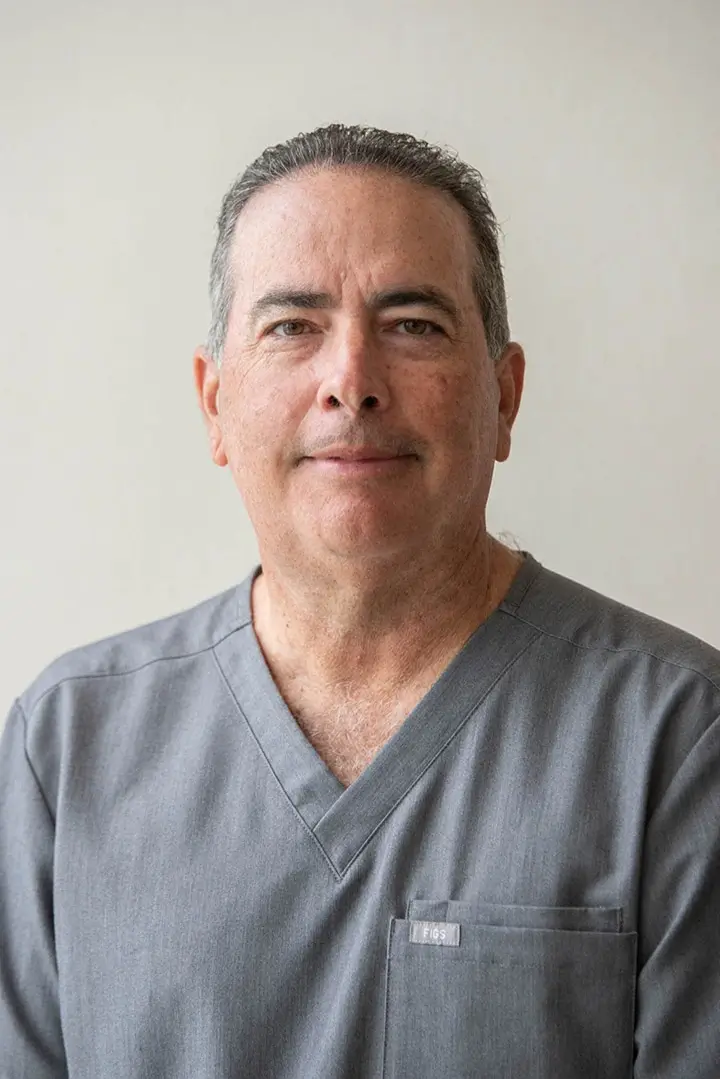Once again, the biotech company Opexa Therapeutics announces strong preclinical data for its proprietary diabetes therapy, developed from autologous adult stem cells. The new study demonstrates that adult stem cells harvested from the mononuclear cells of peripheral blood are differentiable into pancreatic-like cells, which mimic the morphology and function of the beta islet cell clusters of the pancreas in their ability to secrete insulin, glucagon and somatostatin, as well as in the expression of pancreatic and endocrine-specific biomarkers and in the high levels of C-peptide, a byproduct of insulin synthesis.
Derived from both healthy and diabetic subjects, the mononuclear cells have yielded strong in vitro as well as in vivo data in animal studies, and further preclinical studies will be conducted for the determination of optimal dosing, delivery, route-of-administration and toxicology. As Opexa advances toward a Phase I clinical trial, primary endpoints for which have already been identified, a protocol for the clinical trial has also already been established in consultation with the FDA and Opexa’s Clinical Advisory Board.
According to Neil K. Warma, president and CEO of Opexa, “I am pleased to see important advances with our stem cell therapy as this technology could offer benefits not only for the treatment of diabetes but also in other disease areas. We are also hopeful to be able to derive one course of treatment from a single blood draw from a diabetic patient which, ideally, would lead to a readily available source of patient-specific beta-cells suitable for autologous cell transplantation.”
As Donna Rill, senior vice president of Operations, adds, “We have developed a manufacturing process based on a small-scale, bag-based system which we believe should yield significant cost savings over typical embryonic stem cell and cadaveric cell manufacturing processes. We have extensive experience with cell therapy technology, having just completed a 150 patient Phase IIb clinical study with our T-cell therapy and we have applied many of the same principles to our stem cell manufacturing process. Much work still remains but we are encouraged with these data.”
Opexa Therapeutics is focused on the development and commercialization of patient-specific autologous cellular therapies for the treatment of autoimmune diseases such as multiple sclerosis and diabetes. In the treatment of multiple sclerosis, Opexa has already achieved excellent results with its lead product candidate, Tovaxin, which is a novel T-cell vaccine that is specifically tailored to each patient’s disease profile and which has recently completed Phase IIb clinical trials. Opexa holds the exclusive worldwide license for the technology that allows the derivation of adult multipotent stem cells from the mononuclear cells of peripheral blood, and which in turn makes possible the large-scale efficient production of monocyte-derived stem cells, without the risk of immune rejection. (Please see the related news article on this website, entitled, “Opexa to Present Data on its Cellular Therapies for Autoimmune Diseases”, dated November 10, 2008, and originally reported in The Wall Street Journal, for more information on Tovaxin).
Opexa therapeutics deals exclusively with adult stem cells, not embryonic stem cells.

